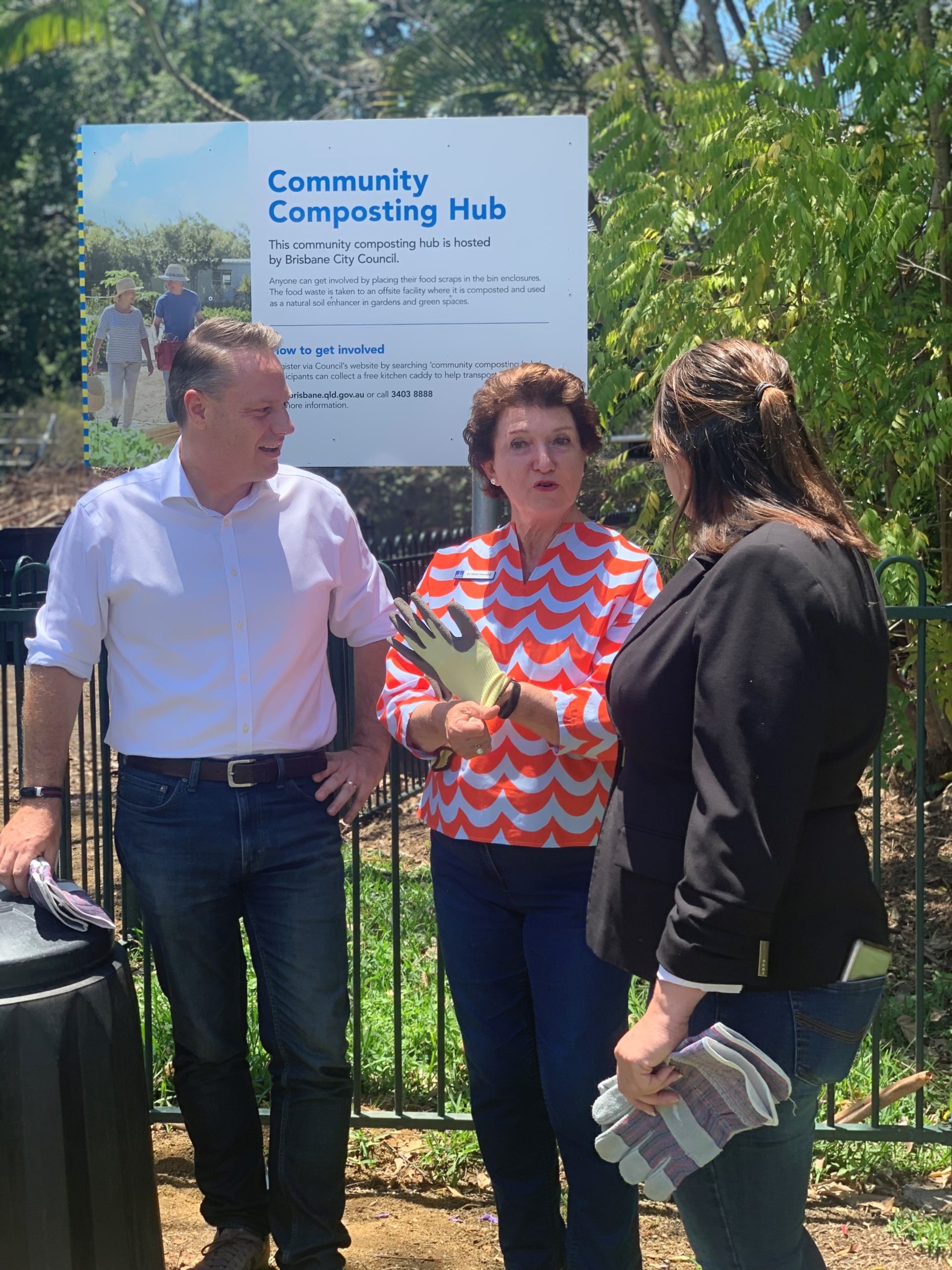
Waste reforms to help households recycle more and spend less
The Schrinner Council will launch a detailed investigation into waste reforms to investigate cost-effective ways to help residents reduce the amount of waste thrown into red bins and landfill.
The investigation will add to commitments detailed in the Schrinner Council’s Towards Zero Waste Strategy to help residents recycle more and avoid the impost of the State’s waste levy.
The investigation will consider methods to reduce landfill, including:
- A citywide roll-out of green waste recycling bins for stand-alone homes
- Using soft plastics in road surfaces along with glass and tyres
- Deploying green waste recycling bins to suitable apartment buildings
- Incentivising anaerobic digestion and other technologies for apartment buildings
- Converting select composting hubs to Advanced Composting Hubs with regular collections
- Installing community-based recycling hubs for batteries, CDs, glasses, x-rays and tablet blister packs at facilities like libraries, community facilities and sports clubs
- Investing in a residual waste-to-energy facility
The budget also confirms Brisbane’s food waste recycling trial, which has operated since 2022, will be paused from July 1, 2024.
Analysis of material collected from green bins within the trial area found just four per cent was food scraps.
The average red bin is believed to contain about 23 per cent of food waste.
The results follow a commitment by Labor at the recent Council election to immediately introduce a citywide, uncosted FOGO scheme that experts confirmed wouldn’t stack up.
The annual cost to provide a food waste recycling trial to 13,000 households is $2.3 million.
Expanding Brisbane’s food waste recycling services to 156,000 households with a green bin would cost Council more than $27 million a year, to process just four per cent of food waste per bin.
Garden waste currently costs $7.80 per tonne to process, while processing green waste with food scraps increases the cost of processing nearly twenty-fold to $150 per tonne.
In the interim, Council will continue to offer cut-price green bins at less than $1-a-week.
Since the cost was halved last year, more than 16,000 Brisbane households have ordered a green bin, helping to divert an additional 4000 tonnes of green waste from red bins and landfill.
It simply doesn’t make sense to continue a food waste recycling trial when it costs so much to deliver so little.
Our commitment is simple. We will continue to help residents recycle more while putting downward pressure on rates and rents.
Our Council will undertake a detailed investigation into other more effective and less costly ways we can reduce the amount of waste that ends up in landfill.
Trialling soft plastics in road surfaces and converting residual waste into energy could help Brisbane become more sustainable and we will investigate whether they are cost-effective ways to reduce waste too.
Our waste reforms help households recycle more and in the meantime, I encourage anyone who wants to play their part in reducing waste to landfill to take advantage of our green waste bins for less than $1-a-week.

